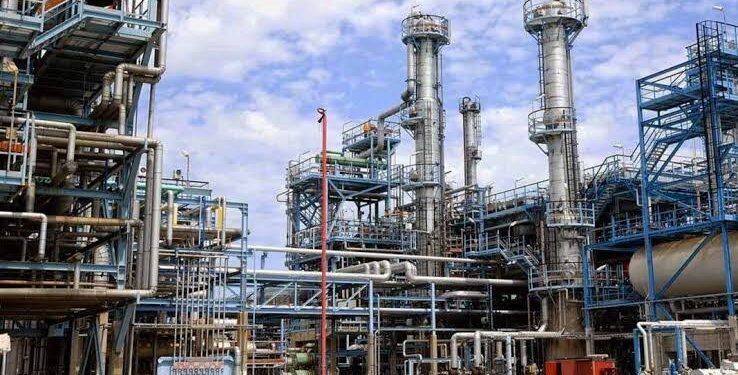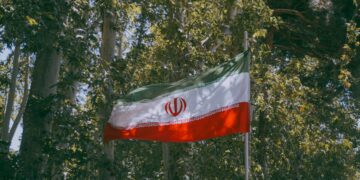The West African Students’ Union, WASU, has asked President Bola Tinubu to take decisive action against individuals obstructing Dangote Refinery’s attempts to refine petroleum products for domestic use and export in order to reduce reliance on imported refined products.
In addition, the students pleaded on Nigerians to support the refinery’s success, pointing out that it would provide thousands of direct and indirect employment to the nation and threatening to force them to organise student protests against devious plans to thwart the refinery.
The WASU Executives, led by Comrade Romans Pillah, bemoaned in a statement released over the weekend in Makurdi that Nigerians have endured untold pain over the years as a result of a lack of petroleum products, despite the nation being a major exporter of oil.
They regretted that some “saboteurs” were trying to stop the refinery from operating so they could carry on with the exploitative business of importing refined products into the nation and ripping it off, but they acknowledged that the establishment of the Dangote Refinery marked a turning point for Nigerians and would lower the price of gasoline at the pump.

“We will stand with Dangote to put an end to continuous importation of less quality and costly refined petroleum products into Nigeria because the country still relies on importing refined products despite spending billions of dollars on turnaround maintenance for Nigeria’s refineries,” the students pledged.
“This recurrent problem highlights the pervasive corruption in Nigeria’s oil and gas business, which is purportedly pushed by powerful cabals aiming to keep the status quo of exporting crude oil and importing refined petroleum products. “We warn that if this continues, WASU would not hesitate to publicly name the identified cabals and organise a public peace protest so that the entire world can hear our cries and the injustice done to the Dangote Refinery. “Every Nigerian wants the country to refine its crude oil for the benefit of its people, and anyone who resists this national desire would face the fury of the public.
“The refinery is critical for meeting Nigeria’s refining needs domestically, reducing the country’s reliance on imported refined petroleum products.
“We urge President Tinubu to embrace the project since it will stimulate the economy, create thousands of employment, assure product sustainability and affordability, and bring enormous advantages to Nigerians, among other things. “The President cannot tolerate suspected economic sabotage by International Oil Companies (IOCs) operating in Nigeria who have refused to sell crude oil to the Dangote refinery and other modular refineries.
“We call on Mr. President to direct NNPC or NNPCL to compel the IOCs operating in our communities to sell and supply crude oil to Dangote Refinery and other Local Refineries in line with section 109 of the Petroleum Industry Act PIA 2021, particularly section 109(4)(b), which stated that ‘the supply of crude oil shall be commercially negotiated between the lessee and the crude oil refining licensee, having regard to the prevailing international market price for similar grain.
The students who praised the Chairman of Dangote Industries, Aliko Dangote, for exhibiting patriotism by investing and establishing the refinery in Nigeria, also honoured Dr Edwin
Devakumar, the vice president of Dangote Industries’ oil and gas division, for his unwavering commitment to seeing to it that the refinery was built primarily to procure and process domestic crudes for Nigerian use while simultaneously exporting excess output to stimulate the country’s economy.
In Essence
The Dangote Refinery is seen as a pivotal project for Nigeria, with potential to significantly reduce reliance on imported refined petroleum products.
It promises to create thousands of direct and indirect jobs, thereby stimulating the economy and potentially lowering fuel prices.
WASU highlights that certain individuals and groups might be obstructing the refinery’s operations to maintain their profitable import businesses.
They suggest that corruption within the oil and gas sector perpetuates the reliance on imported products, despite the heavy investments in turnaround maintenance for Nigeria’s refineries.

















